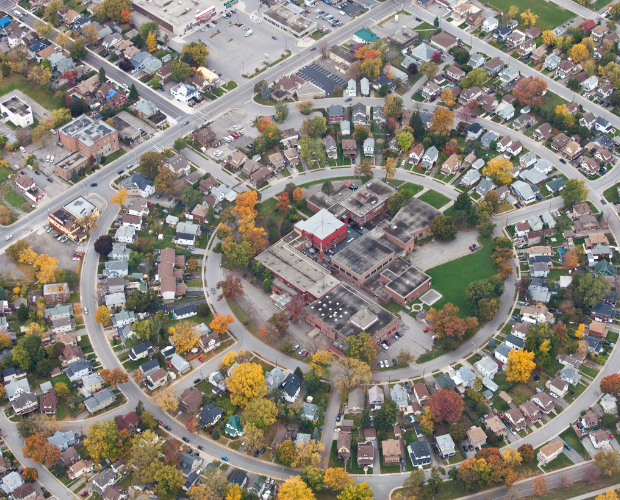T: 01822 851370 E: [email protected]
Visit RSN Survey about life in rural England to find out more.
Rural families across Great Britain are facing a deepening crisis in childcare, according to the latest findings from the 2024 Childcare Survey conducted by Coram Family and Childcare. As costs escalate and availability plummets, the need for targeted, effective solutions...
In a recent spirited debate at Westminster, MPs discussed the pressing issues faced by rural communities across the UK, shedding light on the unique challenges rural areas endure. Caroline Voaden, MP for South Devon, highlighted the profound rural-urban ‘divide’, emphasising...
In a significant move aimed at revitalising local communities across the UK, the government has recently unveiled its Plan for Neighbourhoods, committing an impressive £1.5 billion to rejuvenate 75 communities. This investment is part of a broader strategy to reverse...
A recent report by the Local Government Information Unit (LGIU) has painted a stark picture of the financial pressures facing local councils in England. The LGIU’s 12th annual "State of Local Government Finance" survey has brought to light significant challenges,...
The Rural Services Network (RSN) has officially joined the Health Equals coalition, a collaborative effort dedicated to reducing health disparities and fostering a society where every individual, regardless of background or location, has the best chance of achieving good health....
Recent discussions in the House of Commons have brought to light the severe implications of bank closures in rural areas. Led by Simon Hoare, MP for North Dorset, a debate on bank closures in rural areas highlighted the disproportionate hardship...
A National Audit Office (NAO) report reveals critical sustainability issues in local government finances, driven by rising demands on essential services and delays in finance reform. Despite a 4% increase in total funding through the Local Government Finance Settlement to...
A concerning report from the Local Government Association (LGA) has highlighted a looming financial crisis that could affect over half of the councils responsible for supporting children with special educational needs and disabilities (SEND). This crisis stems from the upcoming...
The Prime Minister has unveiled comprehensive plans for a new generation of towns across Britain, marking the largest housebuilding initiative since the post-war era. This ambitious project aims to address the acute housing crisis and provide substantial benefits to hundreds...
A recent Local Government Finance Debate, overseen by Madam Deputy Speaker Caroline Nokes, offered a comprehensive platform to discuss the future of local government funding in England. Minister Jim McMahon and other key figures provided insights into the challenges local...
NEWSLETTER
Sign up to receive all our latest news and updates.
HOT TOPICS
Amid reduced public spending, fair resource allocation across regions is crucial. Despite a population larger than Greater London, rural areas receive significantly less funding for essential services, even though delivering these services in rural areas is more expensive.
Economic growth is widely acknowledged as essential for national wealth and prosperity and is a priority for political parties. Rural economies, employing millions and home to a higher proportion of small businesses, have potential for growth if barriers are removed.
Rural residents face distinct healthcare challenges, including limited access to transport, longer distances to medical facilities, an aging demographic, housing inadequacies, digital connectivity gaps, and difficulties recruiting health and care workers.
Rural communities are grappling with a severe affordable housing crisis, marked by high house prices, a lack of affordable housing, elevated living costs, and lower incomes, threatening their sustainability and vitality.
Transport is vital for the quality of life and economic health of rural areas, yet it faces challenges such as infrequent public bus services and less Government funding compared to urban regions.
Rural areas, encompassing a substantial portion of England's population and land, play a pivotal role in combating climate change and achieving the net zero target.
In an increasingly digital world, the lack of robust digital infrastructure in rural areas severely limits access to crucial services and stifles economic growth.
A future-focused vision for rural communities involves not just building the right homes in the right places but also ensuring thriving, sustainable communities.
SIGN UP TO OUR NEWSLETTER
Sign up to our newsletter to receive all the latest news and updates.













